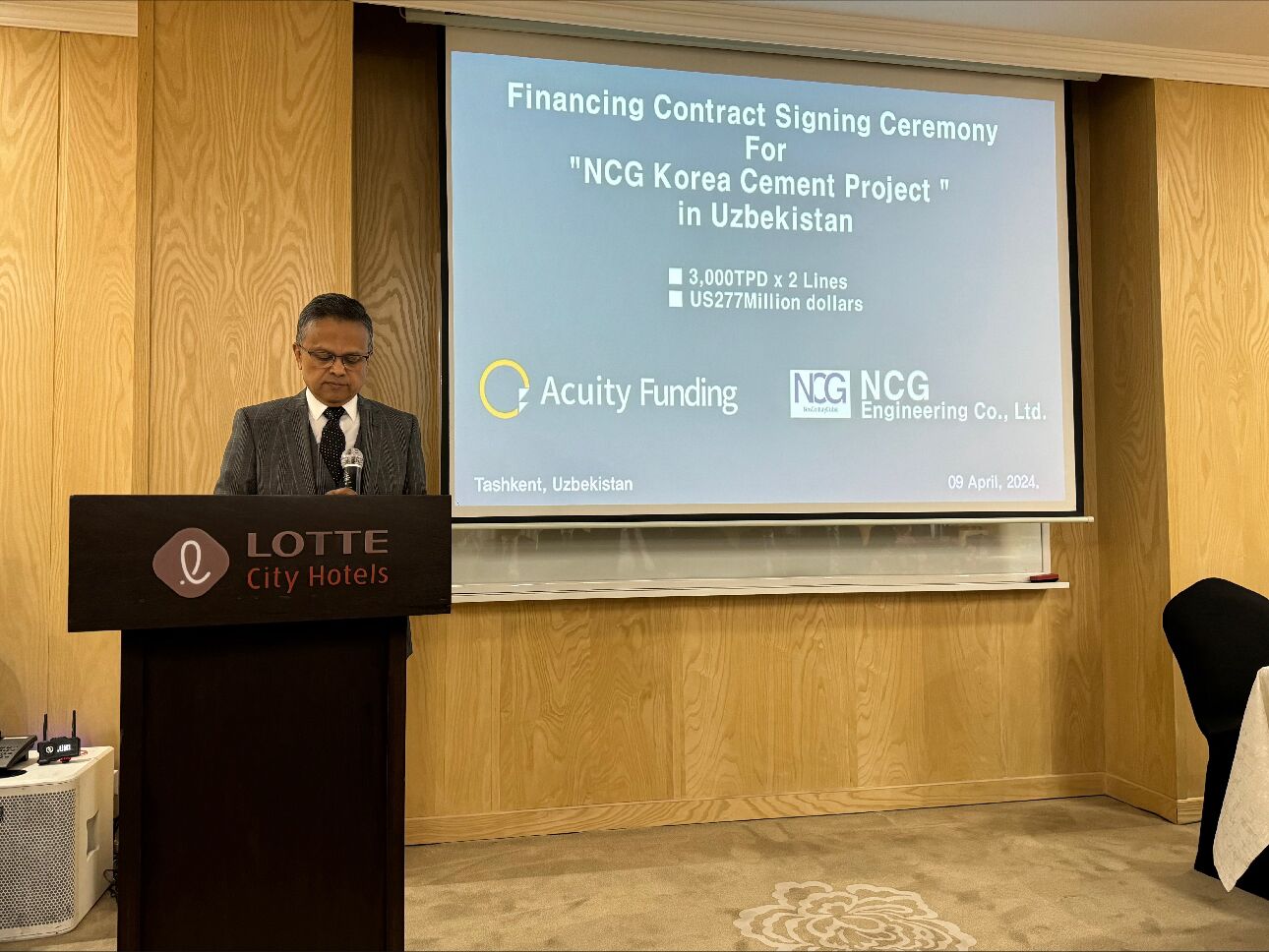The collapse of Chinese property behemoth, Evergrande, may have attracted headlines around the world but Australia is not immune from the consequences of poor and unlawful behaviour by unscrupulous property developers, real estate agents and banks.
By Jacquelene Pearson
Alarm bells should ring immediately if any developer or associated lawyer or real estate agent selling properties “off the plan” requires any purchaser to sign a release allowing their deposit to be used by the companies involved in the development rather than kept in trust.
Purchasers should never be asked to pay more than 10 per cent of the property’s price as an off-the-plan deposit unless they are fully aware of how their money is to be used.
“Surely such practices would never occur in a mature property market like Australia’s,” I hear you implore.
According to the CEO and founder of Acuity Funding, Ranjit Thambyrajah, Australia’s property development sector is far from immune to such behaviour and our major bank lenders and government are complicit.
“In my 40-year career, I have seen the family members of property developers lie about holding monies in trust and end up facing jail time while the actual developer, and the money, goes missing in action.
“I have told developers who have come to me for assistance that their actions have been unlawful, and they were likely to go to jail. On a few occasions that prediction has, unfortunately for the unsuspecting purchasers, come true,” Mr Thambyrajah said. “It is even more unfortunate that some of Australia’s major banks have been lenders to these developers and then turned a blind eye to this behaviour.”
Ralan collapse
“The collapse of the Ralan Group, one of Australia’s largest private developers, which has been well-documented in the media since 2019, is one example of what can go wrong when unscrupulous developers are allowed to behave badly,” he said.
According to the Australian Securities and Investments Commission (ASIC), William O’Dwyer, the former managing director of companies in the Ralan Group, pleaded guilty to six offences contrary to section 192E of the Crimes Act 1900 (NSW) following an ASIC investigation.
“Between about 17 April 2015 and 6 June 2018, Mr O’Dwyer, by deception, dishonestly obtained for companies in the Ralan Group the ability to draw down on finance facilities totalling $251 million,” according to ASIC. “The Ralan Group sold, developed, and managed real estate properties from 2014 to 2019 and was based in Sydney.
“The charges related to loans advanced to Group companies involved in residential development projects in Sydney, Arncliffe, Turramurra and Gordon. As part of the loan agreements, the companies were required to satisfy lenders that pre-sale deposits paid by purchasers of residences in the developments were held in trust before drawing down on the loans could occur,” ASIC has stated.
“Mr O’Dwyer deceived the lenders into believing that the pre-sale deposits were held in a trust account, when in fact they had been loaned by the purchasers back to the respective development company for use as working capital,” ASIC said. “Approximately $132 million was drawn down upon the facilities, with approximately $47 million repaid by the time the companies in the Ralan Group went into administration in July 2019. A further amount is expected to be recouped by the lenders following their purchase and development of the Arncliffe property.
“Mr O’Dwyer first appeared in the Downing Centre Local Court on 25 July 2023. Mr O’Dwyer pleaded guilty to the charges on 22 August 2023. A sentencing hearing was held in the New South Wales District Court on 7 December 2023. The matter was prosecuted by the Commonwealth Director of Public Prosecutions following a referral from ASIC.
“In July 2019 the companies in the Ralan Group entered voluntary administration and all were placed in liquidation by 6 March 2020. In November 2019 the liquidator of the companies, Said Jahani at Grant Thornton, estimated that the Ralan Group owed unsecured creditors $323 million.”
The maximum penalty for each offence is 10 years imprisonment. Mr O’Dwyer was sentenced on 2 February 2024 at the Sydney Downing Centre where he was handed a four-year jail term, according to ASIC.
“Individuals involved in Ralan have come to me asking for help a few times but the last time was when their four-tower Ruby residential complex in Surfers Paradise blew up,” said Acuity’s Ranjit Thambyrajah. “When they came to me and I did a quick analysis of it, I said, ‘What you have done is illegal’ and I said to the real estate agent, ‘you are going to goal for this’ and both got angry with me.
“On a number of occasions Acuity refused to act for Ralan because of their unscrupulous behaviour,” Mr Thambyrajah said.
“Ralan is a case study of why it is so important to work with people who have the depth of experience that Acuity Funding has,” he said. “Before I even met them, within minutes I knew it was a huge problem.”
Presale ‘smell’
“I had a smell about the presales because all up and down the Pacific Highway on Sydney’s North Shore, during a recession, Ralan was having record off the plan apartment sales. I didn’t believe those presales were real. They may have been good property spruikers but they were developing 10 times more buildings in the area than their competitors,” Mr Thambyrajah said.
It turned out that the sales were real, but they were sold to unsuspecting Australian Chinese buyers and their deposits were being ripped off and used to build the projects but not necessarily even the projects the buyers were involved in.
Legally, developers cannot touch those deposits and, if they do, monies must be used on that particular property title with the fully informed permission of the purchaser.
At least one real estate agent was bringing buyers from China and getting them to pay more than 10 per cent. The real estate agent was giving that money to Ralan and writing it up as a loan to individuals associated with Ralan.
“There is no way a proper lawyer for any of those clients would have allowed this to happen when there were such highly-geared loans from banks against the developments.
“When anybody asks you to release the deposit it is a huge danger sign because you are unsecured. This is no different to what happened in China. Evergrande did the same thing but, in China, every month the purchasers paid a bit more.
“In China the developers were doing what they liked with the money. There was no government control and that is why it was so easy for Ralan to take money from Chinese investors. When you are in China and you are used to a certain culture and it happens in Australia, you think it is normal.
“Real Estate agents in Australia have a huge responsibility to look after the interests of the buyer but, in the case of Ralan, the real estate agents did not do their duty properly. Conning people to pay more than 10% and then releasing that money to the developer is a crime.”
Banks complicit
According to Mr Thambyrajah, Australia’s major banks have enabled poor developer behaviour and, through self-regulation, gotten away with it.
“The banks have enabled developers to get away with this practice.
“Let’s say a developer already has a loan from a major bank. Then they commence selling apartments off the plan. Then they go to each of the buyers of each of the units and take their money. They either write it up as a loan to the developer or they just take the money.
“Then the developer can place the company into administration and the administrator has to work it all out. I believe big bank lenders must know when their borrowers are participating in this type of behaviour.
“I have seen examples of banks attempting to palm off such developers onto unsuspecting brokers. Banks should own up to what they have done wrong and pay for it.” Acuity Funding has experienced this behaviour by the banks too.
“The government is also at fault because, through its decades-long encouragement of ‘self-regulation’, it has regulated responsibility away from itself.
“Purchasers should be warned that off-the-plan property is a ‘buyer beware’ transaction between the buyer and their lawyer. The buyer is not fully protected.
“Banks are supposed to do an audit on presales. The developer must have evidence that presales equal the amounts documented and held in trust. These audits are supposed to check that presales are real.
“I know of at least one major bank that granted a $3 million loan to a company recording dodgy presales. In fact, all the presales, tax returns and tax assessments were fake.
“Imagine what would happen if you sold your house because you wanted to buy a retirement unit but you had no savings. Your lawyer asks the buyers of the house if they can release their deposit. The buyer’s lawyer does a search and, if there is no debt owing on the house, they may agree to release the deposit if the purchaser is comfortable with that.
“What if, when their lawyer does a search, they find the home owner still has a big bank loan against the house? They would advise the buyer not to release their deposit because they know the bank, as a secured lender, would get paid first if the transaction went sour. There is no way the purchaser’s lawyer would allow their client to pay 80% of the purchase price,” Mr Thambyrajah said.
Mr Thambyrajah said if the above scenario was applied to a developer unlawfully using deposits and with a large bank loan, the banks, as secured creditors, would be paid first from the winding up of the development entities
“In the case of Ralan, buyers have been critical about Deed of Company Arrangement because they are unsecured creditors. These buyers should have come first and not last, behind the banks, if the government was facing its responsibilities.” Acuity Funding prides itself on upholding the highest ethical standards. Over 40 years in this business means we know all the pitfalls. Contact us to find out more about our funding arrangements and private credit options.








